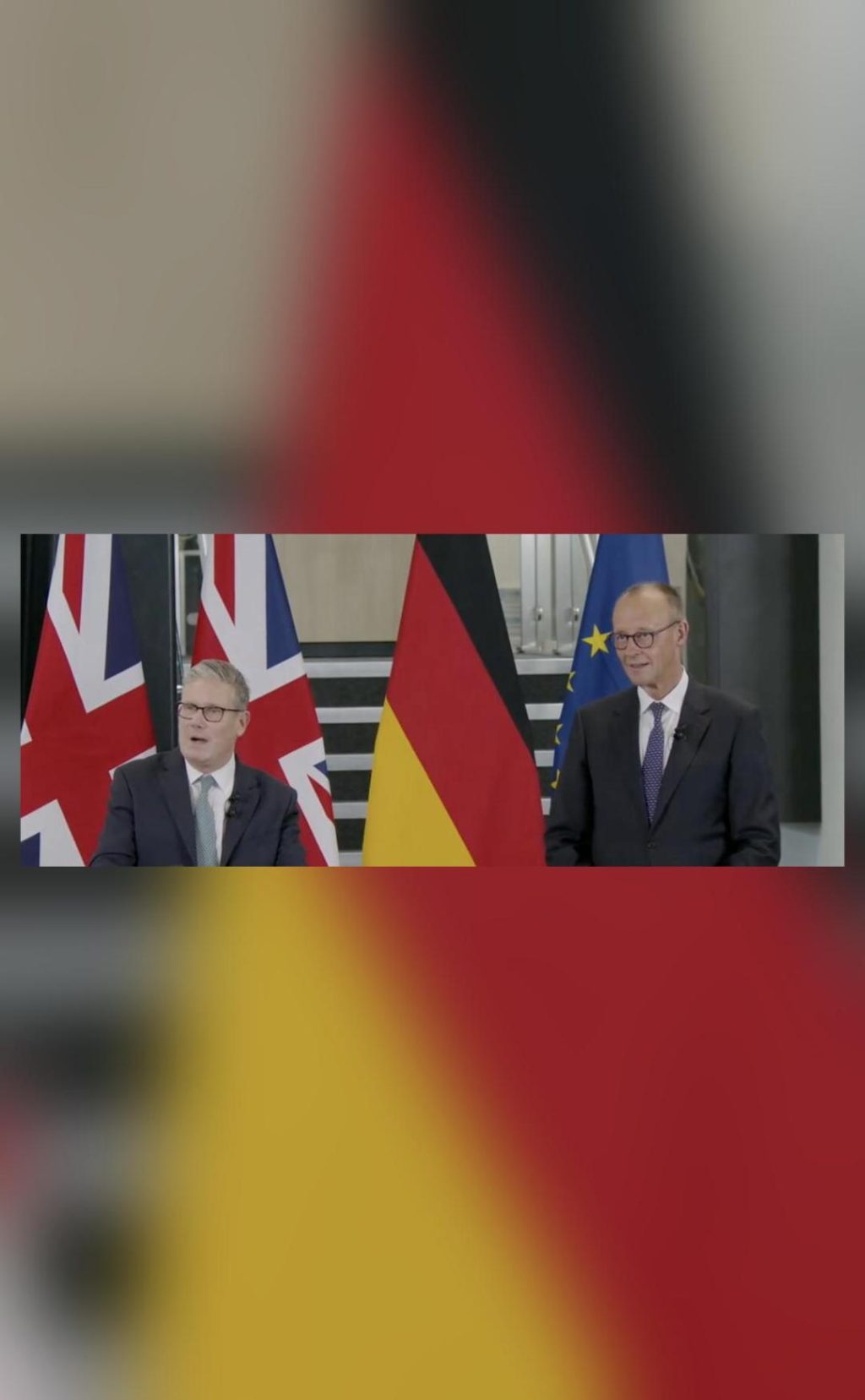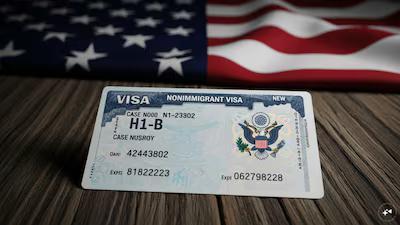
UK, Germany sign treaty to enhance defence and migration cooperation
In a significant move towards strengthening ties, British Prime Minister Keir Starmer and German Chancellor Friedrich Merz signed a treaty on Thursday to boost defence and economic cooperation between the two nations. This historic agreement marks an important milestone, 80 years after the end of World War II, as the two countries work together to address common challenges and threats.
The treaty, which was signed in a ceremony in Berlin, aims to deepen the partnership between the UK and Germany in various areas, including defence, migration, and economic cooperation. The pact also includes plans to strengthen connectivity by establishing a new direct rail connection, with the aim of boosting economic and people-to-people ties.
The treaty comes at a critical time, as both countries face various challenges and threats, including rising tensions in Europe and the rest of the world. The UK and Germany are also grappling with the impact of Brexit and the ongoing pandemic, which has disrupted global trade and economic activity.
In a statement, Prime Minister Starmer said that the treaty was a significant step towards strengthening the special relationship between the UK and Germany. He emphasized that the two countries shared a deep commitment to democracy, freedom, and human rights, and that they would work together to promote these values around the world.
Chancellor Merz also welcomed the treaty, saying that it would help to strengthen the partnership between the UK and Germany and promote economic cooperation between the two nations. He emphasized that the treaty would also help to address the challenges posed by migration and ensure that the two countries worked together to protect their borders.
The treaty includes several key areas of cooperation, including defence, migration, and economic cooperation. In the defence sphere, the UK and Germany have agreed to strengthen their military ties and work together to address common security threats. This includes cooperating on defence procurement and research and development, as well as sharing intelligence and best practices.
In the area of migration, the treaty aims to strengthen cooperation between the UK and Germany to address the challenges posed by migrant smuggling. The two countries have agreed to share intelligence and best practices, and to work together to prevent migrant smuggling and human trafficking.
The treaty also includes plans to strengthen economic cooperation between the UK and Germany. The two countries have agreed to promote trade and investment between them, and to work together to promote economic growth and stability in Europe and around the world.
In addition to these key areas of cooperation, the treaty also includes plans to strengthen connectivity between the UK and Germany. The two countries have agreed to establish a new direct rail connection, which will help to boost economic and people-to-people ties between them.
The treaty is seen as a significant step towards strengthening the special relationship between the UK and Germany, and promoting cooperation between the two nations in various areas. It is also seen as a symbol of the enduring friendship and partnership between the two countries, which has been built on a shared commitment to democracy, freedom, and human rights.
In conclusion, the signing of the UK-German treaty marks an important milestone in the special relationship between the two countries. The treaty is a significant step towards strengthening cooperation between the UK and Germany in various areas, including defence, migration, and economic cooperation. It is also a symbol of the enduring friendship and partnership between the two countries, which has been built on a shared commitment to democracy, freedom, and human rights.
Source:






